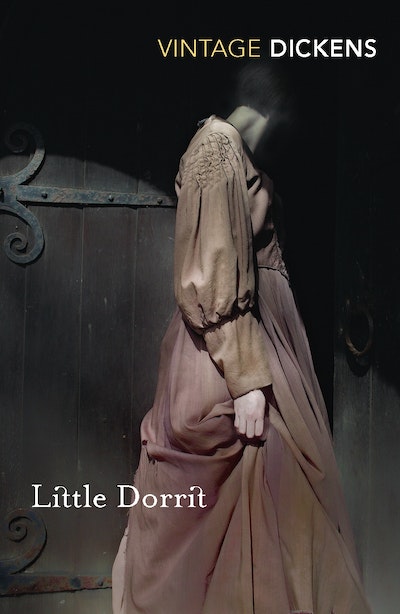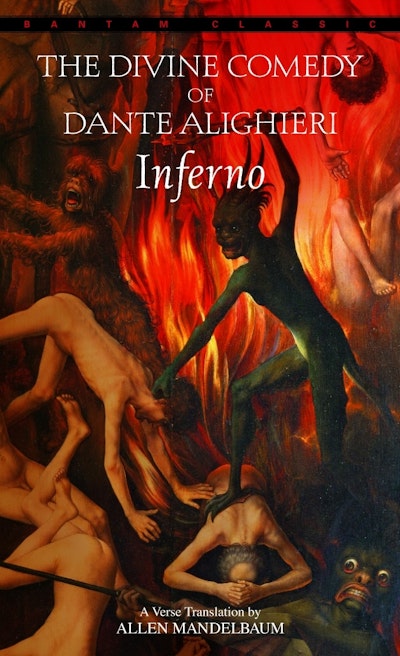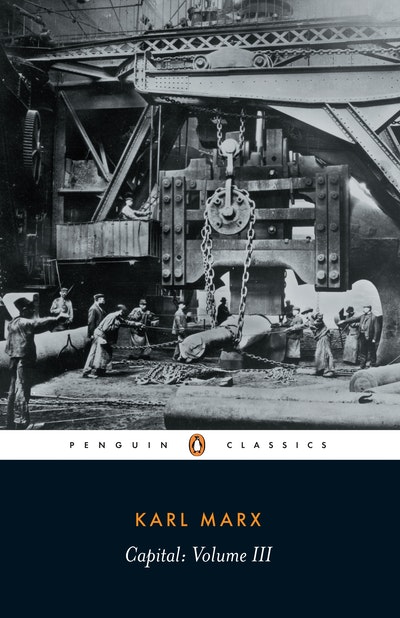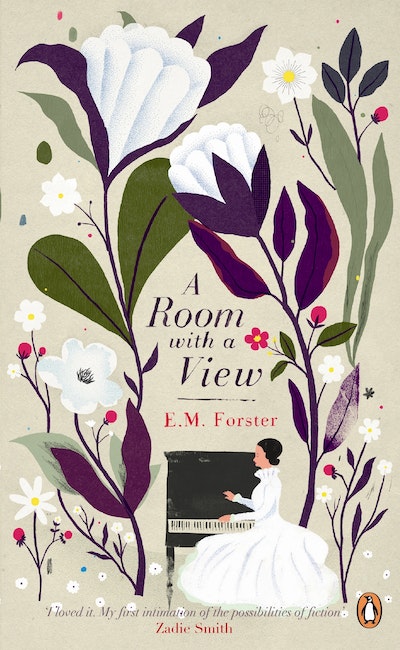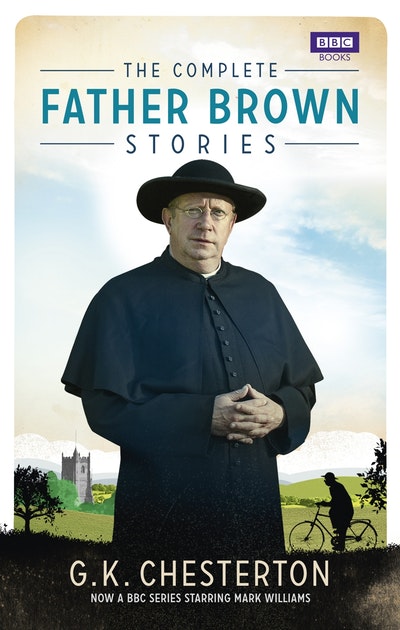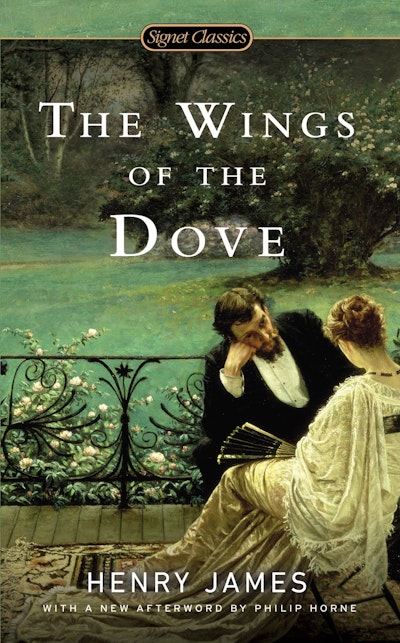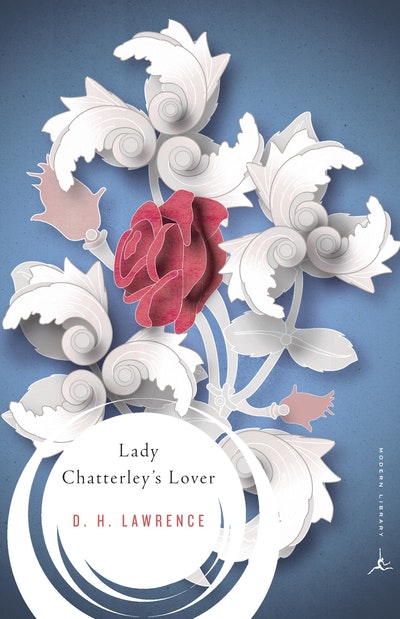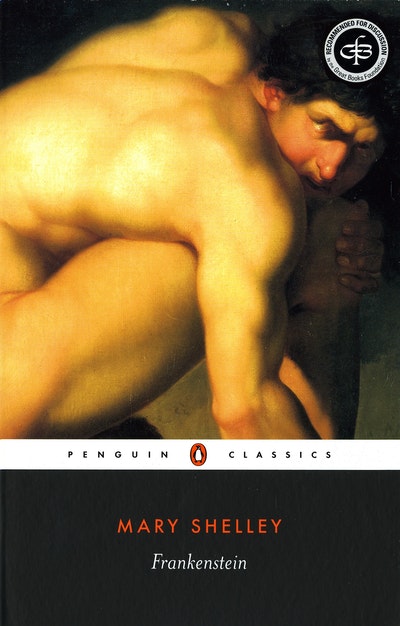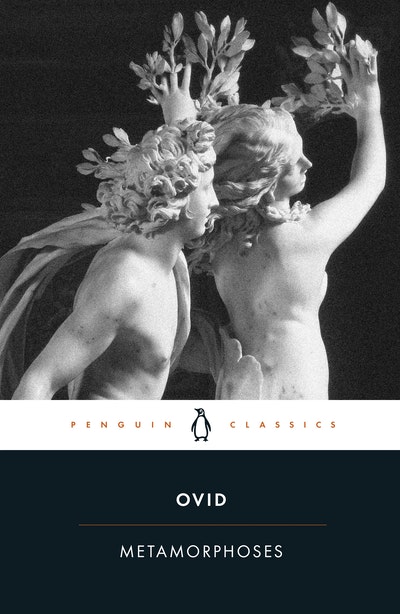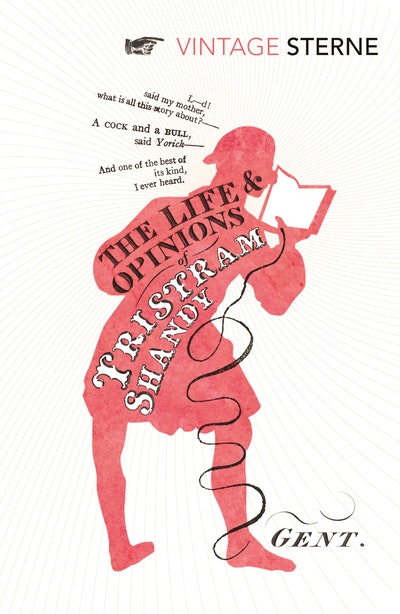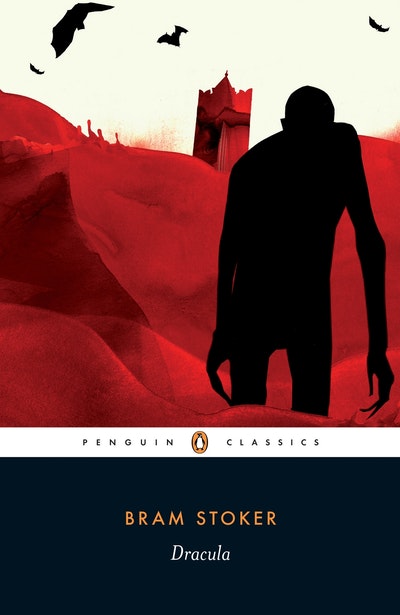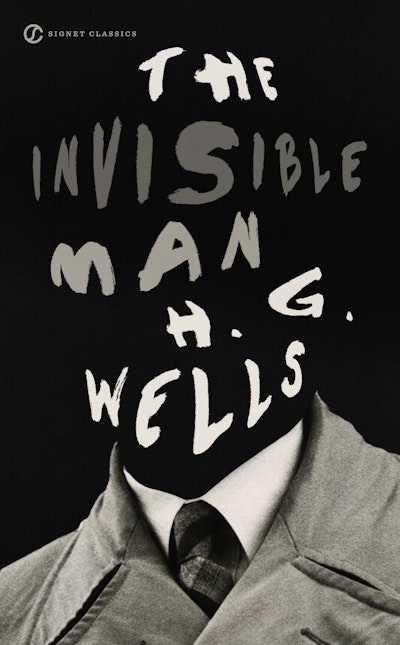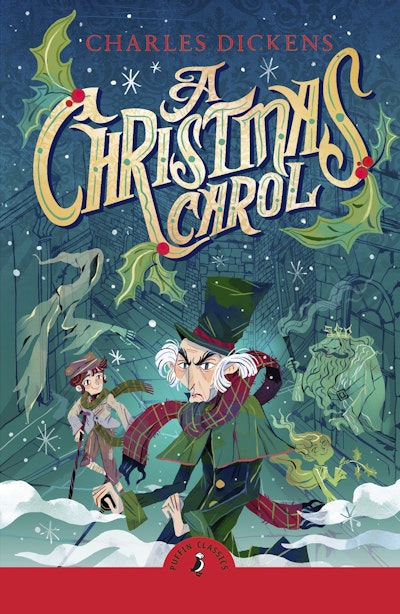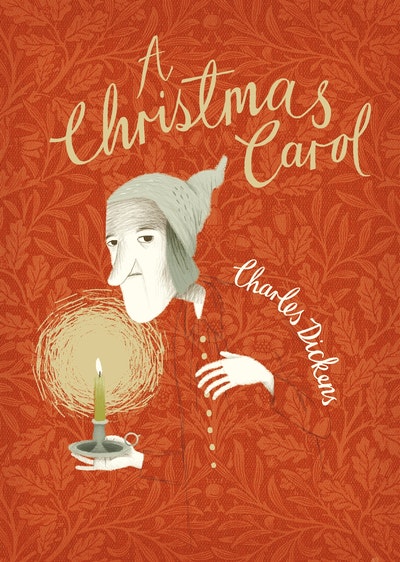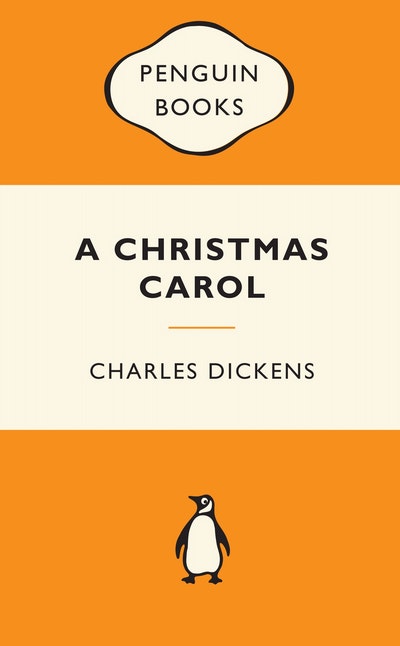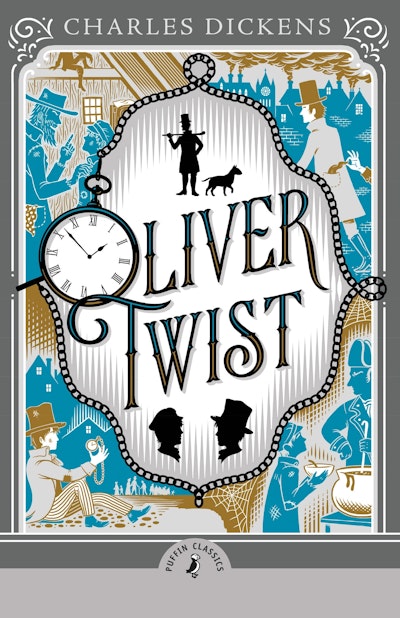- Published: 1 June 2011
- ISBN: 9781407017051
- Imprint: Vintage Digital
- Format: EBook
- Pages: 960
Little Dorrit
A cutting satire of the shortcomings of Victorian society and widely regarded as one of Charles Dickens’s finest novels.
Amy Dorrit (known as Little Dorrit) was born in the Marshalsea debtors' prison in London. She has lived there with her father and two elder siblings for all of her twenty-two years, only leaving to work each day as a seamstress for the forbidding Mrs Clennam. But Amy's fortunes are about to change: the arrival of Mrs Clennam's son Arthur, back from working in China, heralds the beginning of stunning revelations not just about Amy but also about Arthur himself.
- Published: 1 June 2011
- ISBN: 9781407017051
- Imprint: Vintage Digital
- Format: EBook
- Pages: 960
Other books in the series
About the author
Charles Dickens was born in Hampshire on February 7, 1812. His father was a clerk in the navy pay office, who was well paid but often ended up in financial troubles. When Dickens was twelve years old he was send to work in a shoe polish factory because his family had been taken to the debtors' prison. His career as a writer of fiction started in 1833 when his short stories and essays began to appear in periodicals. The Pickwick Papers, his first commercial success, was published in 1836. The serialisation of Oliver Twist began in 1837. Many other novels followed and The Old Curiosity Shop brought Dickens international fame and he became a celebrity in America as well as Britain. Charles Dickens died on 9 June 1870. He is buried in Westminster Abbey.
Related titles
Praise for Little Dorrit
He's a marvellous writer...He's very, very good
William Trevor
I would always prefer to go get another Dickens off the shelf than pick up a new book by someone I've not read yet
Donna Tartt
In Little Dorrit, Dickens attacked English institutions with a ferocity that has never since been approached
George Orwell
It tripped my social conscience and infected me for the rest of my life
Jon Snow
There is no one Dickens novel I could pick over all the others. Dickens is huge-like the sky. Pick any page of Dickens and it's immediately recognizable as him, yet he might be doing social satire, or farce, or horror, or a psychological study of a murderer-or any combination of these
Susannah Clarke
